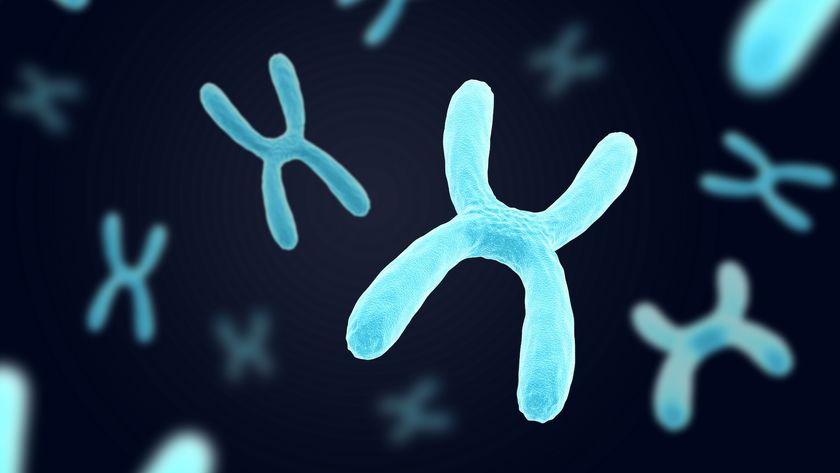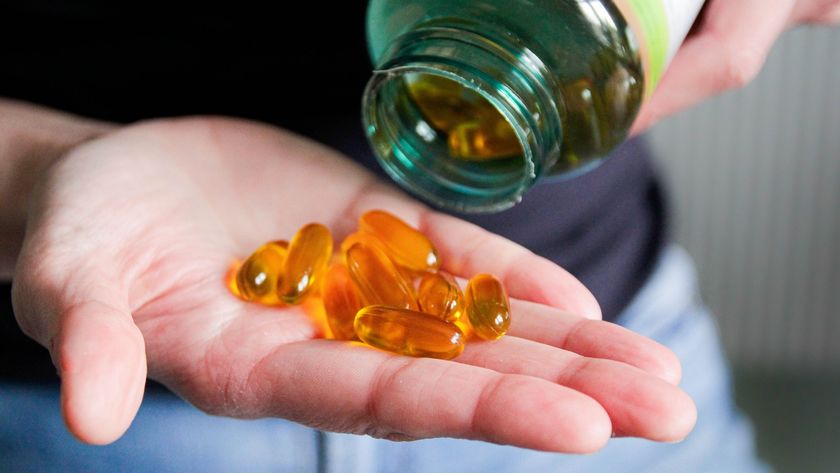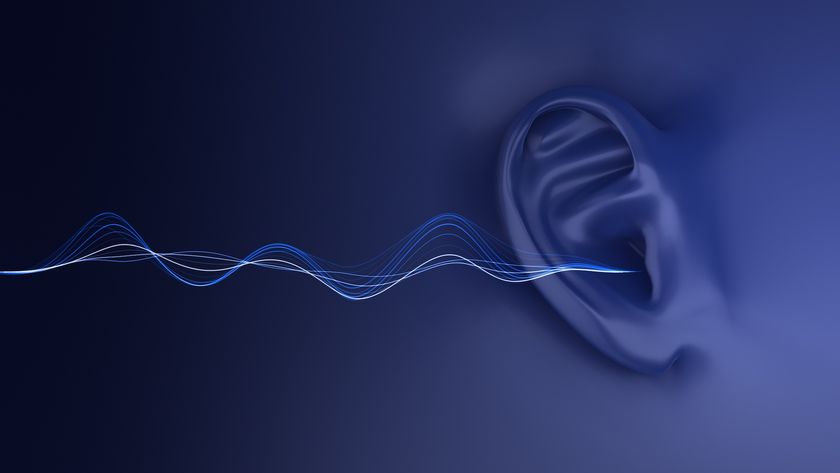Scientists Developing 'Invisible Diet'

Researchers are working a high-tech way to trick people into desiring less fat without dangerous side effects.
In an effort to curb obesity, they would inject the body with manufactured nanoparticles designed to fool the brain.
“You could call it an invisible diet," said biologist Tim Gilbertson of Utah State University. “It's really simple. This technology will help people to feel satisfied with a small serving of food instead of a large helping."
Gilbertson's team is engineering molecule-sized nanoparticles made of the same fat molecules that occur naturally in your body. The nanoparticles would be geared to fool specific cells inside you that communicate with the brain about fat intake.
“We're trying to trick receptors into thinking they have fat when it's actually not there," Gilbertson explained.
The research is in its early stages, but Gilbertson said today he is encouraged by preliminary tests. And he points out that nanoparticle treatments are already used to battle cancer and cardiovascular disease.
“Our bodies, our taste buds, are trained to help us get the nutrients we need," Gilbertson said. “For instance, our ability to taste sweet things helps us identify foods with carbohydrates. Our salty taste helps us find minerals. And our general aversion to bitter foods helps us avoid ingesting poisonous substances."
Sign up for the Live Science daily newsletter now
Get the world’s most fascinating discoveries delivered straight to your inbox.
There has been little research on whether we taste fat, however. Gilbertson's research shows we do, but the ability is not confined to specific taste buds as it is with sweets and salt.
“We found that 90 percent of taste buds can detect fat, but instead of having a specific taste, we believe its main role is in enhancing existing flavors," said Gilbertson. “Fat makes sweet foods taste more sweet and salty food more salty."
Importantly, these fat receptors aren't just on the tongue but exist throughout the body, including in the small intestine. When you eat fat, these receptors send signals to the brain.
In some people, Gilbertson has found, the fat receptors are not as sensitive, so they eat more fatty foods than other people.
The research now is focused on developing fat substitutes that trick specific sites without harming the rest of the body. Nanoparticles, which are small enough to slip through cell membranes, could deliver drugs that would cause certain cells to release and send more "I've got my fill of fat" hormones to the brain. A person would then presumably seek lower-fat foods, the thinking goes.
- Fact vs. Fiction on Obesity
- Microbe and Machine Merged to Create First 'Cellborg'
- Feds: Obesity Raising Airline Fuel Costs
- Appetite-Suppressing Hormone Discovered
Robert is an independent health and science journalist and writer based in Phoenix, Arizona. He is a former editor-in-chief of Live Science with over 20 years of experience as a reporter and editor. He has worked on websites such as Space.com and Tom's Guide, and is a contributor on Medium, covering how we age and how to optimize the mind and body through time. He has a journalism degree from Humboldt State University in California.












